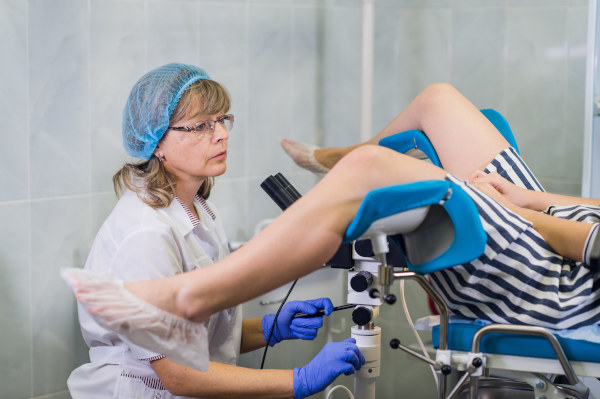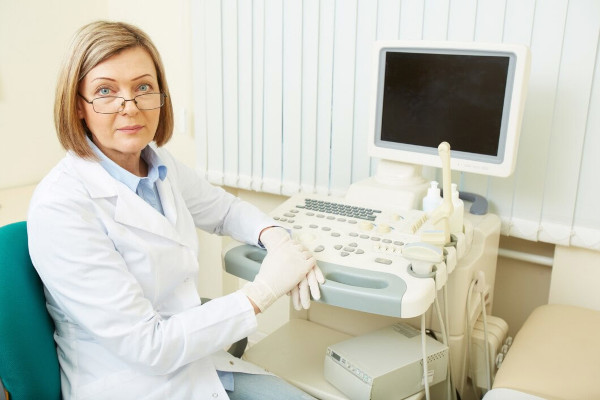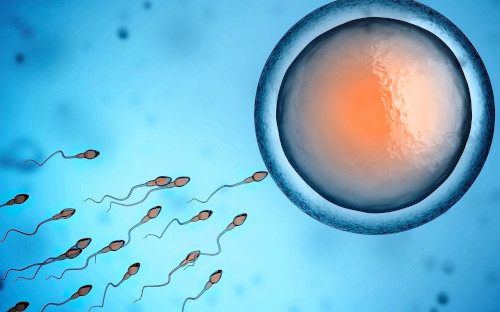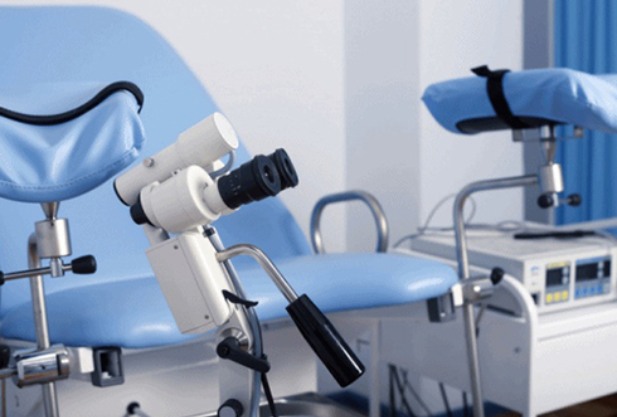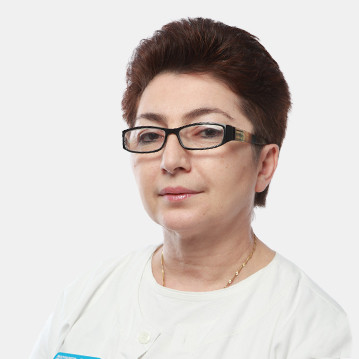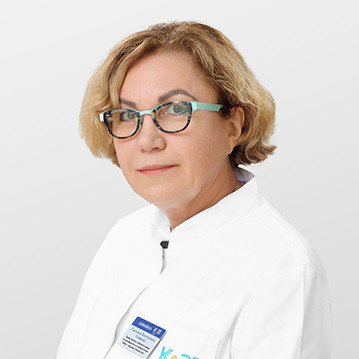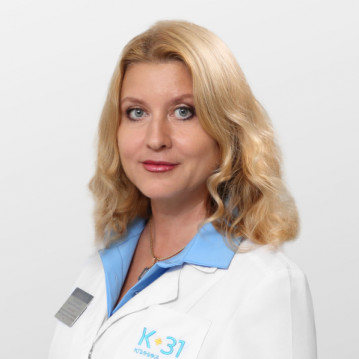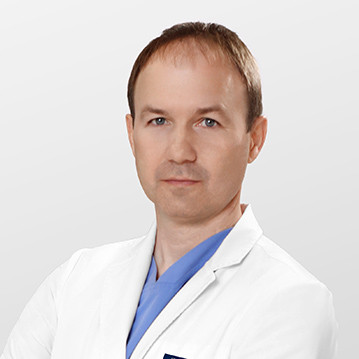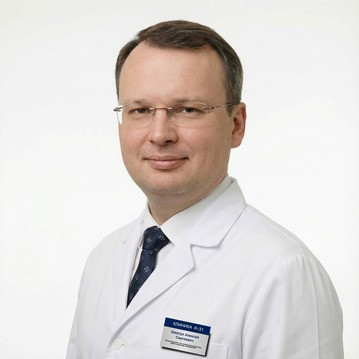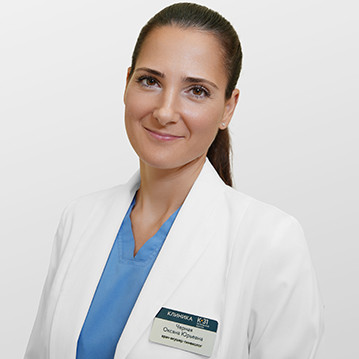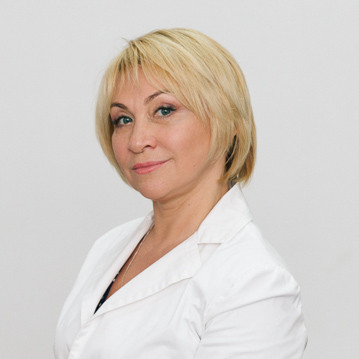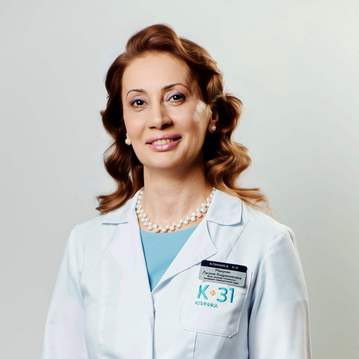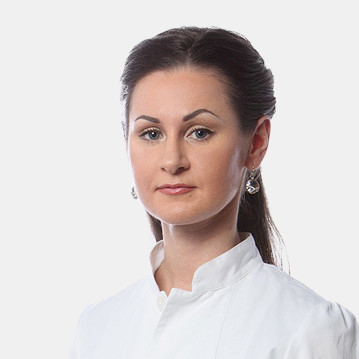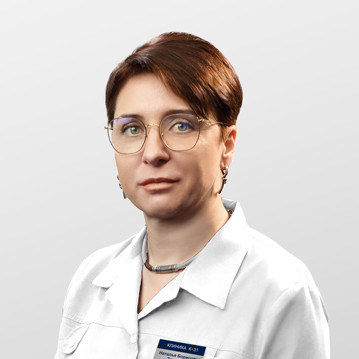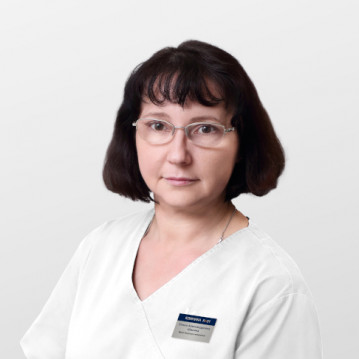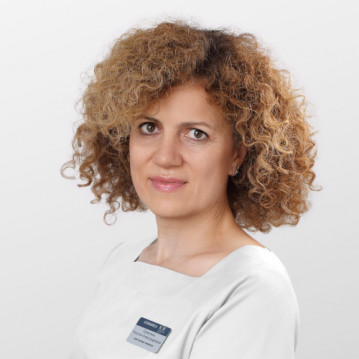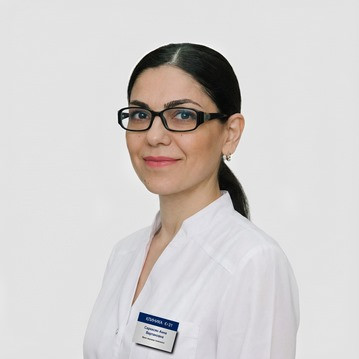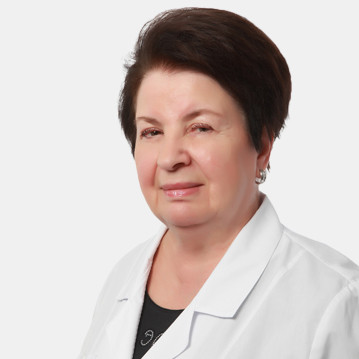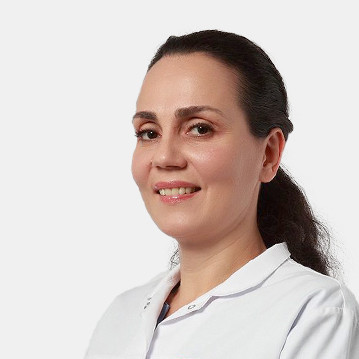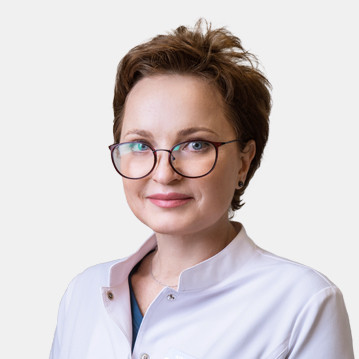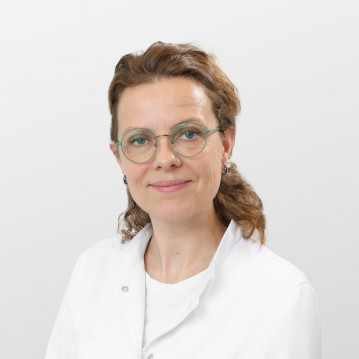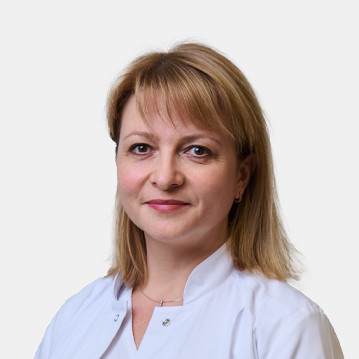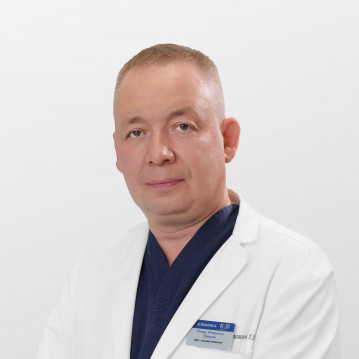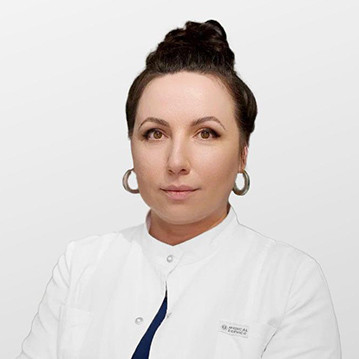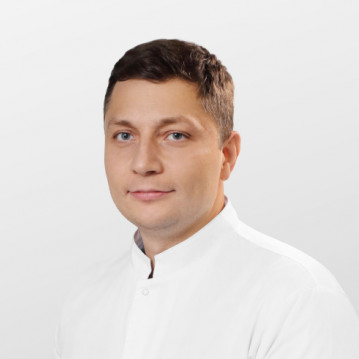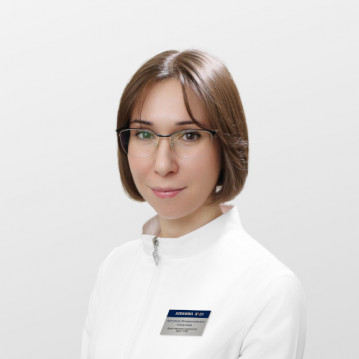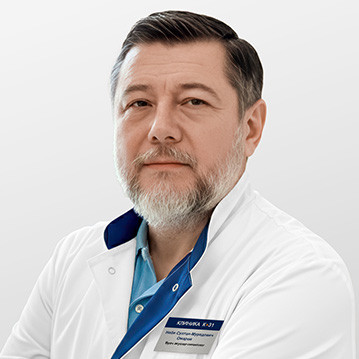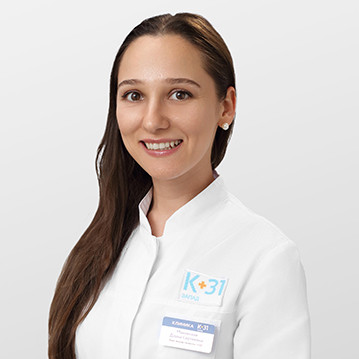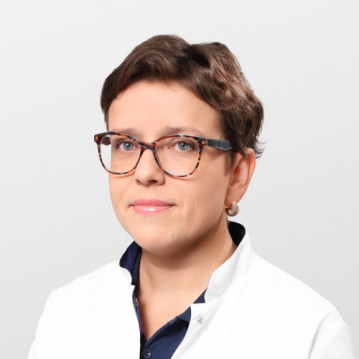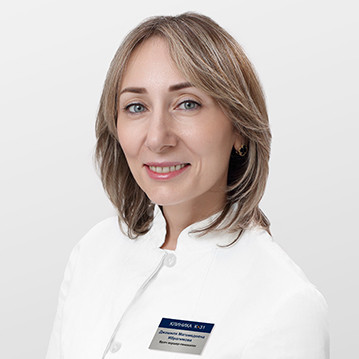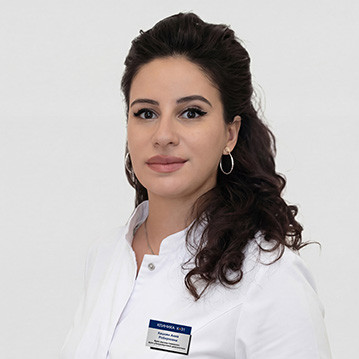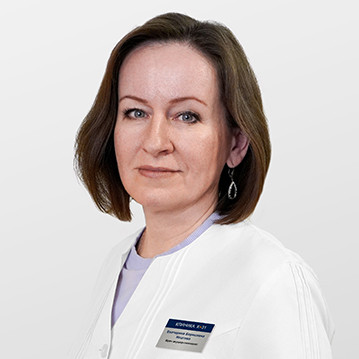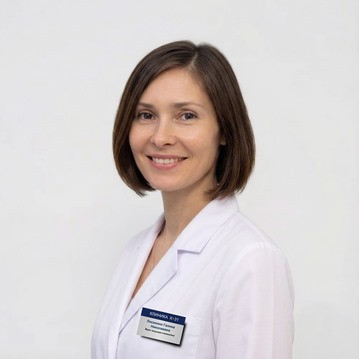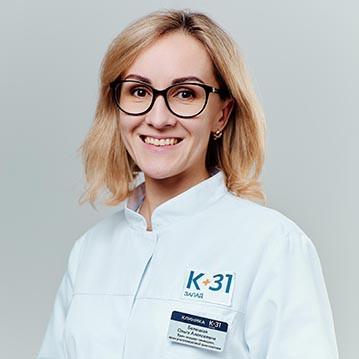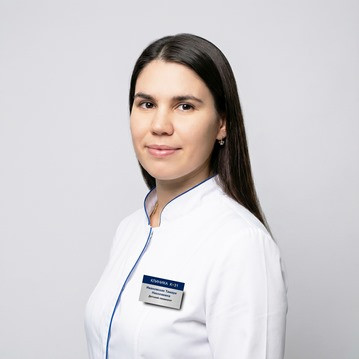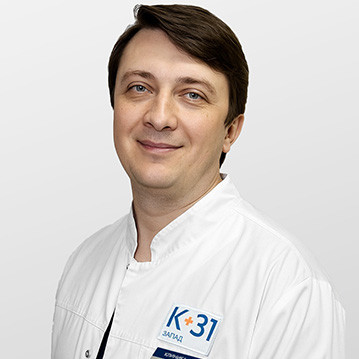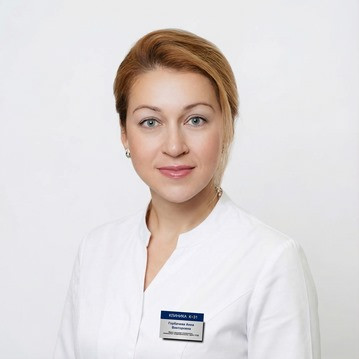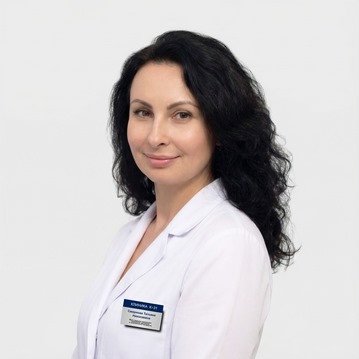Infertility

specialists

equipment

treatment

About the disease
Forms of inability to conceive a child:
- Male infertility (inability of male reproductive cells to fertilize an egg)
- Immunological infertility (the presence of MAR antibodies that interfere with conception in the cervical mucus of a patient or in the vas deferens of a man)
- Endocrine infertility, which can have many causes, including problems with hormones
- Tubal infertility (obstruction of the fallopian tubes and other pathologies
- Congenital defects of the uterus and fallopian tubes in women or the vas deferens in men
The issue of restoring reproductive function in men and women is dealt with by a specialist – a reproductologist. He determines the causes of human infertility and selects methods for treating female or male infertility. In the absence of treatment results, a decision is made to use assisted reproductive technologies. Including in vitro fertilization (IVF) – when a sperm is introduced into an egg in a test tube, after which the resulting embryo is transferred to the patient’s uterus. If immunological infertility is detected, intrauterine insemination can be performed, when sperm is injected directly into the uterus, which makes it possible to conceive a child.
In cases where disorders in the body are irreversible and the doctor diagnoses absolute infertility, there is an option to use surrogacy. Infertility is a problem that requires a professional approach, which is guaranteed to all patients of the K+31 clinics in Moscow.
Causes of infertility

The causes of infertility in women and men are varied. This may be the result of inflammatory and infectious processes, previous sexually transmitted infections, diseases of the internal genital organs and abdominal cavity, surgical intervention, for example, removal of the uterus and fallopian tubes, problems in the cervical canal, adhesions and much more.
So, if we are talking about endocrine infertility, then the cause may be:
- Polycystic ovary syndrome, when a dense membrane forms around the ovaries, preventing the release of the egg
- Hyperprolactinemia (increased prolactin levels in the blood, which is a consequence of some functional disorders or the presence of a pituitary tumor)
- Hypothyroidism (inability of the thyroid gland to function normally, leading to hormonal imbalances)
- Ovarian exhaustion syndrome, which can be caused by heredity, strict diets, depression and other factors that provoke female infertility
- Luteal phase insufficiency, expressed in a decrease in the functionality of the corpus luteum, a lack of progesterone and, as a result, malfunctions of the reproductive systems
- Hypoplasia of the uterus, which is known to many as the "childish" uterus, when there is underdevelopment of the reproductive system in women
- Myoma in the uterine cavity. It is a benign formation growing in the muscle tissue of the uterus. Myomatous nodes not only prevent pregnancy, but also interfere with the safe bearing of the fetus and its maturation
- Infertility is also associated with various malformations of the reproductive system
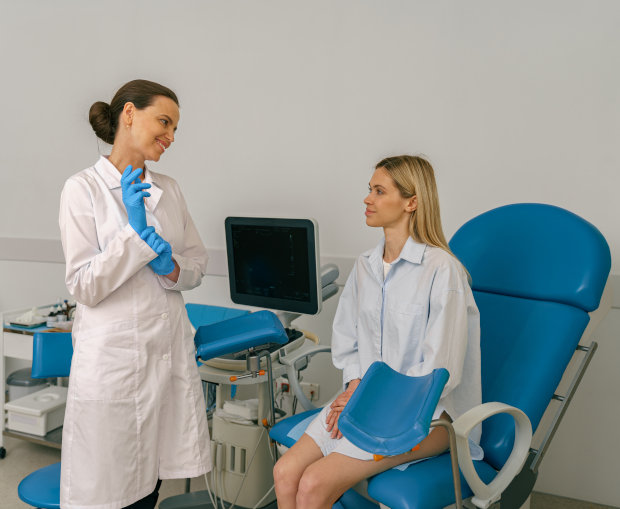
Often, infertility is diagnosed as a result of endometriosis. This is the growth of tissue, which is similar in structure to the uterine endometrium, in atypical places. This leads to inflammation, the formation of adhesions, and the loss of the ability to bear a child.
The causes of male infertility are also varied:
- Obstructions in the genital tract due to injury or infection (secondary infertility in men)
- Hormonal disruptions, pathologies in the development of the pituitary gland, testicles, hypothalamus
- Low sperm count and activity in semen caused by varicocele or chemotherapy
- Abnormal sperm structure
- Inflammatory processes in the prostate and ureter, especially in chronic form, are often the cause of infertility in men
- Complications of diseases such as mumps, rubella, diabetes, viral hepatitis
- Testicular neoplasms
There are also psychological causes of infertility in men, which are not accompanied by physiological changes and disorders of the reproductive system. This includes premature ejaculation, lack of erection, etc.
Classification of methods of treatment of female infertility
Modern medical technologies allow doctors at infertility clinics to effectively help patients, including in difficult situations.
Drug therapy
Treatment of female infertility with medication is used in cases of hormonal imbalances or disorders such as polycystic ovary syndrome or increased prolactin levels. The main stages of drug therapy include:
- Influence on ovulation with drugs that promote egg maturation and normalize the cycle
- Correction of hormonal levels - restoring the level of sex hormones for normal conception
- Therapy of concomitant diseases - eliminating infections or inflammatory processes
Drug treatment is often used as a preparatory stage before high-tech methods such as IVF (in vitro fertilization).
Surgical recovery
The main types of operations:
- Laparoscopy is a minimally invasive procedure for removing adhesions, treating endometriosis, or restoring the patency of the fallopian tubes
- Hysteroscopy is an intervention that involves the removal of polyps, fibroids, or the elimination of septa in uterus
Such procedures are carried out in the infertility therapy centers "K + 31", equipped with effective modern equipment.
Assisted reproductive technologies
Basic programs include:
- IVF - collection of female and male cells, fertilization in the laboratory and delivery of the embryo to the woman's body
- Cryopreservation - freezing of eggs, sperm or embryos for further use
Assistant methods are carried out in specialized infertility therapy clinics, where experienced specialists work.
Psychological support
Emotional state plays an important role in the success of female dysfunction treatment. In infertility therapy centers, patients are provided with the help of professional psychologists. This allows them to cope with anxiety, fear of procedures and increase the chances of a successful pregnancy. All infertility treatments are carried out under the strict supervision of reproductive doctors.
Classification of methods of treatment of male infertility
When planning a family, one must not forget about checking the male reproductive health.
Drug therapy
Treatment of male infertility using medications is used for hormonal imbalances or inflammatory processes. The doctor prescribes medications that help restore normal hormone levels or eliminate the infection. This type of treatment is often combined with other methods to achieve maximum effect.
Surgical treatment
Surgery is used for conditions such as varicocele (dilation of the veins of the spermatic cord), obstruction (blockage) of the vas deferens, or other anatomical disorders. The operations are based on modern technologies that ensure minimal invasiveness and a short recovery period.
Assisted reproductive technologies
The main methods include:
- ICSI is a technology that allows the use of even single spermatozoa
- Insemination is a method that involves the use of prepared sperm, which is suitable for low sperm motility
Hormonal therapy
If the level of hormones that affect spermatogenesis (the process of sperm formation) is disturbed, a course of special medications is prescribed. This approach allows you to restore the natural functions of the body and improve the quality of sperm.
General information
Advantages of infertility treatment at the reproductive technologies clinic "K+31"
Moscow's infertility treatment center "K+31" uses modern diagnostics and therapy options, including IVF and ICSI, to help patients achieve the desired result. We offer the following benefits:
- A team of professionals. The clinic employs experienced reproductive specialists, urologists-andrologists and embryologists. Infertility therapy for men and women is carried out taking into account the characteristics of each case
- Advanced technologies. The fertilization method allows you to create embryos in laboratory conditions. To do this, ovulation is stimulated, eggs are collected and fertilized in a specially prepared environment
- Comprehensive diagnostics. Before treatment, we conduct a full cycle of examinations, including hormonal tests and ultrasound
- Personal approach. Each patient is provided with an individual therapy program. We accompany couples throughout the entire treatment period, providing not only medical but also psychological assistance
- Comfortable conditions. We create a comfortable atmosphere so that patients feel confident and calm
- Transparent cost. The clinic offers an affordable price for infertility treatment, which can be found out during a doctor's consultation, and an open calculation system
By contacting the infertility treatment center "K+31" in Moscow, you get a modern approach and a high chance of success.
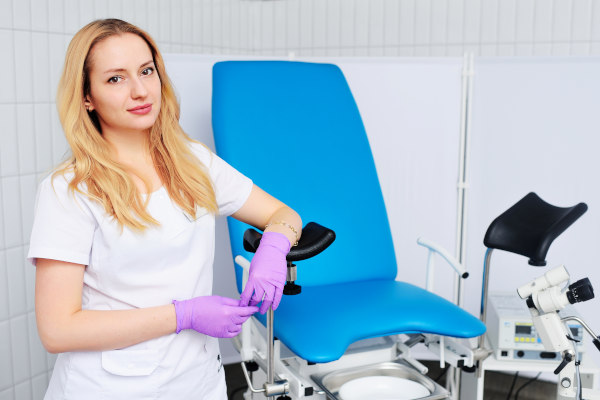

This award is given to clinics with the highest ratings according to user ratings, a large number of requests from this site, and in the absence of critical violations.

This award is given to clinics with the highest ratings according to user ratings. It means that the place is known, loved, and definitely worth visiting.

The ProDoctors portal collected 500 thousand reviews, compiled a rating of doctors based on them and awarded the best. We are proud that our doctors are among those awarded.
Make an appointment at a convenient time on the nearest date
Price
Other services
Reviews



